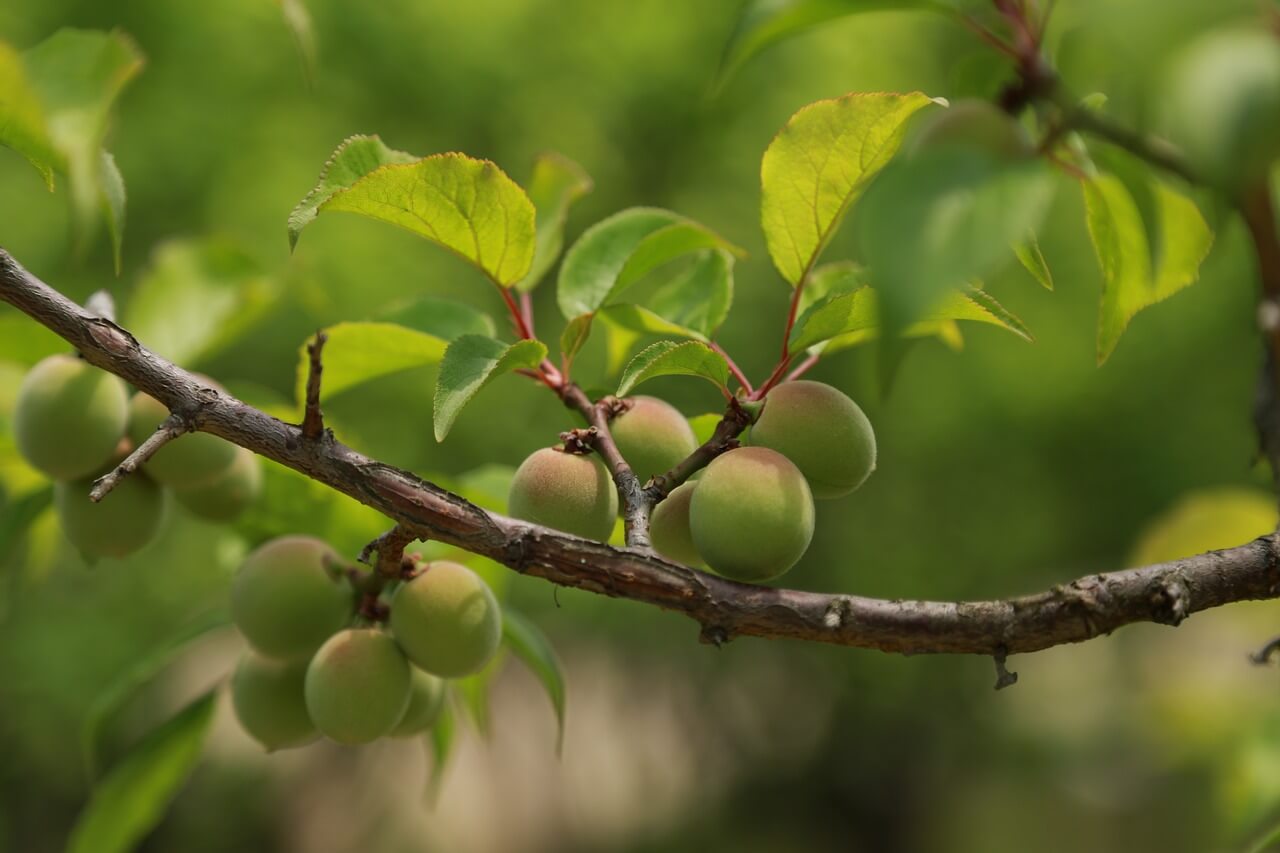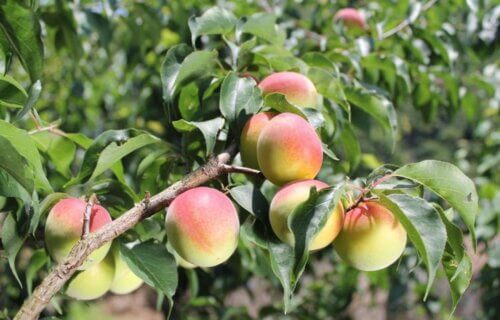PHILADELPHIA — About half of the U.S. adult population has high blood pressure. Despite current treatments being widely available, people with the condition remain at high risk of dying from heart attacks, strokes, or heart failure. Now, however, there may be an all-natural way of reversing this condition. It turns out that a juice concentrate from a Japanese fruit shows the ability to treat hypertension in mice.
“It is recognized that drugs alone are not enough to reduce the risk of cardiovascular disease in hypertension patients,” says Satoru Eguchi MD, PhD, FAHA, Professor in the Cardiovascular Research Center, Sol Sherry Thrombosis Research Center, and Center for Metabolic Disease Research at the Lewis Katz School of Medicine at Temple University and senior investigator and co-corresponding author on the new study.
“To help solve this problem, we became interested in a supplement that could potentially decrease cardiovascular disease risk and began investigating the effects of bainiku-ekisu, an infused juice concentrate of the Japanese plum,” Dr. Eguchi continues in a media release.
The raw fruit from the plum, called “Ume” in Japan, has toxins in it which make it unfit for safe consumption. For this reason, people typically process Ume into juices or wines to make it safe. Bainiku-ekisu, the infused juice concentrate, has been consumed in Japan as a health supplement dating back to the 18th century. There are claims that the concentrate can prevent heart disease. Although there isn’t much hard evidence to support this, previous studies so far seem to conclude the same. In experiments that looked at smooth muscle in blood vessels, bainiku-ekisu appeared to weaken growth-promoting signals induced by angiotensin II, which is a circulatory hormone that plays a key role in hypertension.

To get a better picture for how the concentrate works, Dr. Eguchi, alongside Dr. Hirotoshi Utsunomiya, a professor in the Department of Rehabilitation at Osaka Kawasaki Rehabilitation University, used mice injected with angiontensin II to induce hypertension. The mice were then given water with bainiku-ekisu or just plain water.
They found that the juice concentrate protected the animals’ vascular system from harm as a result of the hormone. Moreover, hypertrophy (enlargement) of the aorta in the heart was minimal in comparison to animals that only received water. The concentrate also weakened the infiltration of immune cells, which would normally lead to inflammation that is linked to hypertension.
The team then examined possible mechanisms that could explain how the concentrate actually prevents hypertension. They investigated molecular pathways involved in glycolysis, which is the process that breaks down glucose and is implicated in hypertension-induced hypertrophy.
“In hypertension, cells shift from aerobic metabolism to glycolysis because there is less oxygen available in the cellular environment,” Dr. Eguchi explains. “This switch results in high levels of oxidative stress, which leads to more inflammation, more vascular stiffness, and, eventually, the development of more severe cardiovascular disease.”
The concentrate successfully prevented the switch to glycolysis, suggesting that it confers protection by limiting harmful metabolic changes. Dr. Eguchi and colleagues are looking ahead to identifying the exact compounds that are behind the protective effects.
“There may be two or three compounds working together, which could explain why the infused juice concentrate of Ume is so popular as a health supplement,” Dr. Eguchi says. “Multiple compounds working together would produce additive or synergistic effects that might be lost in a pharmaceutical preparation.”
The findings are published in the journal Hypertension Research.
You might also be interested in:
- High blood pressure could be the reason you’re feeling neurotic
- Eating high-potassium fruits, vegetables key to lowering blood pressure, research shows
- Best Fruit For Weight Loss: Top 5 Produce Picks, According To Experts

